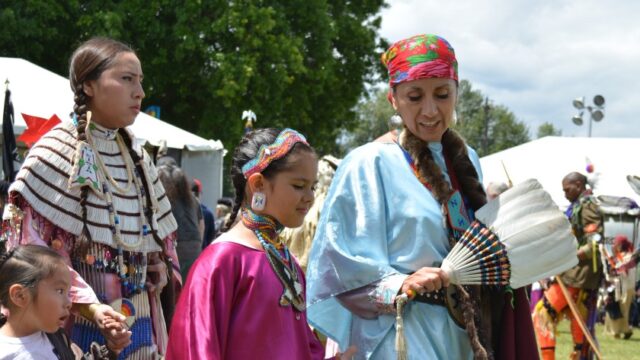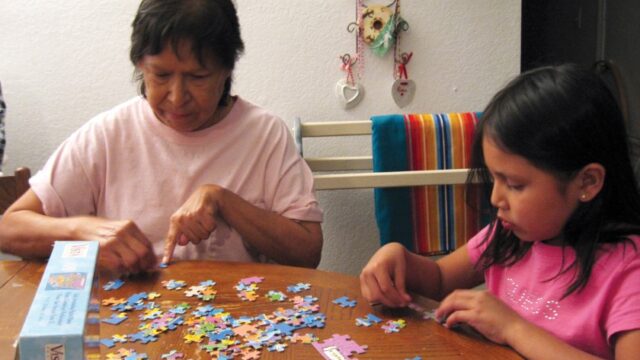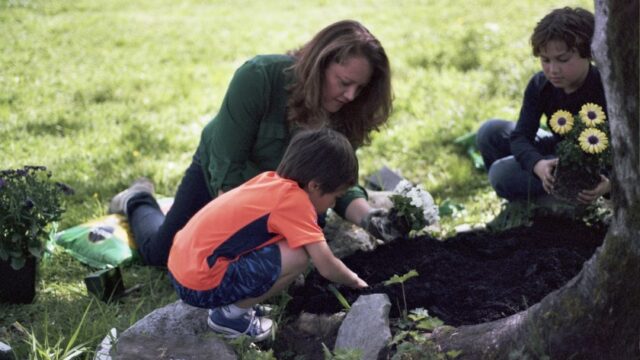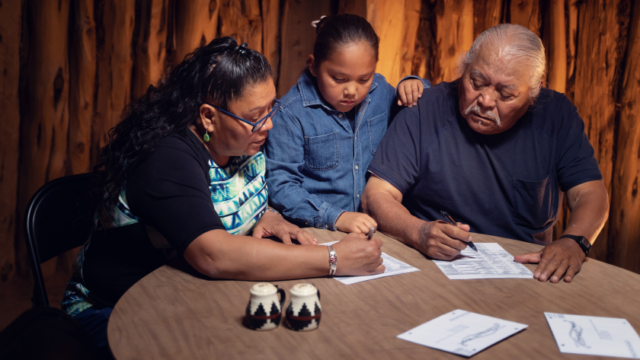
Created by the National Indian Child Welfare Association (NICWA), one of the primary partners of the Network, this document provides a framework for family engagement that may be useful at all stages of the development and implementation of engagement processes. It includes discussions of tradition, history, intergenerational trauma, the Relational Worldview Model, engagement strategies, outreach techniques, roles, barriers and ways to overcome them, culturally based trainings, and more.


